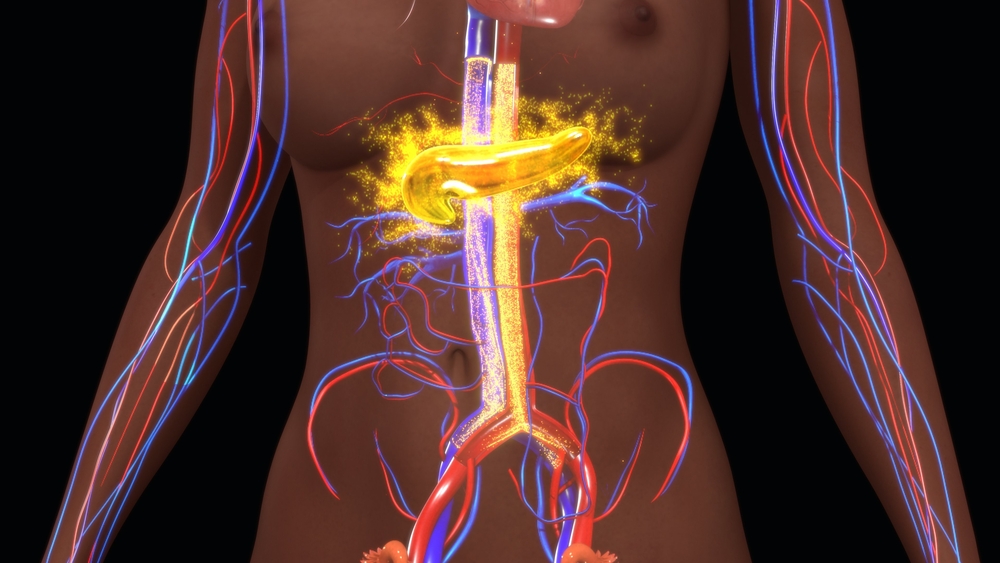
A new discovery could be the key to creating personalized treatments for diabetes.
Investigators from the University of Sydney’s Charles Perkins Centre discovered three specific molecules that can accurately indicate the onset of pre-diabetes.
A combination of machine learning in conjunction with omics technology examined the various types of molecules that make up the cells of an organism, which was used to successfully identify specific molecules in mice.
Next, the gathered information was used to classify the mice based on what kind of food they eat, their genetic origin, and their whole body insulin sensitivity.
“Our study identified a three molecule signature that was able to diagnose insulin resistance or pre-diabetes, a condition that is often associated with diabetes, obesity and high blood pressure,” said co-lead author and research fellow with the Charles Perkins Centre Dr. Jacqueline Stöckli, in a statement.
However, results from this analysis suggested there are likely multiple factors that can contribute to pre-diabetes emphasizing why more traditional approaches failed to identify similar highly predictive signatures or indicators of disease.
Stockli added that each of the three molecules on their own were considerably less predictive of pre-diabetes than when combined.
The scientists next phase of the research would entail exploiting these technologies to uncover the full suite of pathways and factors that contribute to this condition, according the announcement. This would include examining genetic, environmental, and possibly epigenetic influences at a population level.
Precision medicine is a field of research that classifies individuals based on their susceptibility or response to a specific disease and then customizing treatment regimens to suit that individual.
Oncology has been the primary focus of this research right now, but developing a treatment of this nature for diabetes would be a noticeable achievement.
“This study demonstrates the power of combining technologies to solve some of the world’s biggest problems,” said senior author Professor David James, in a statement.
“The burden of the ‘lifestyle diseases’ the Charles Perkins Centre is dedicated to easing – which include obesity, diabetes and cardiovascular disease – stubbornly remain at high levels globally; we need to innovate in order to tackle these conditions effectively,” continued James.
Findings from this research were published in the Journal of Biological Chemistry.




